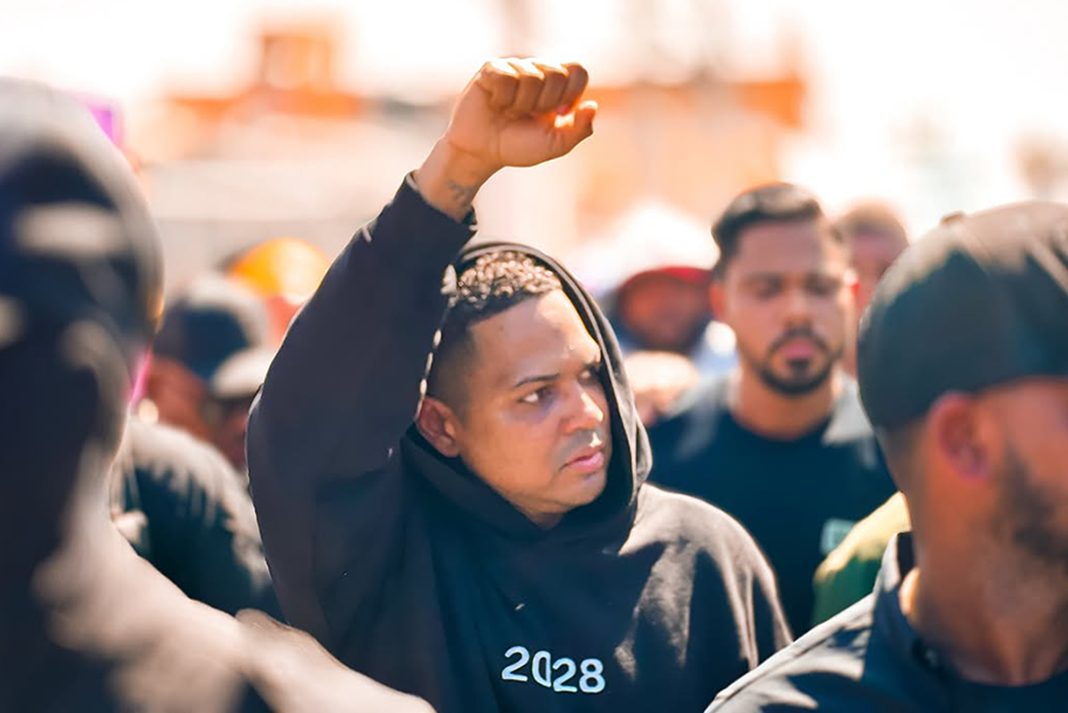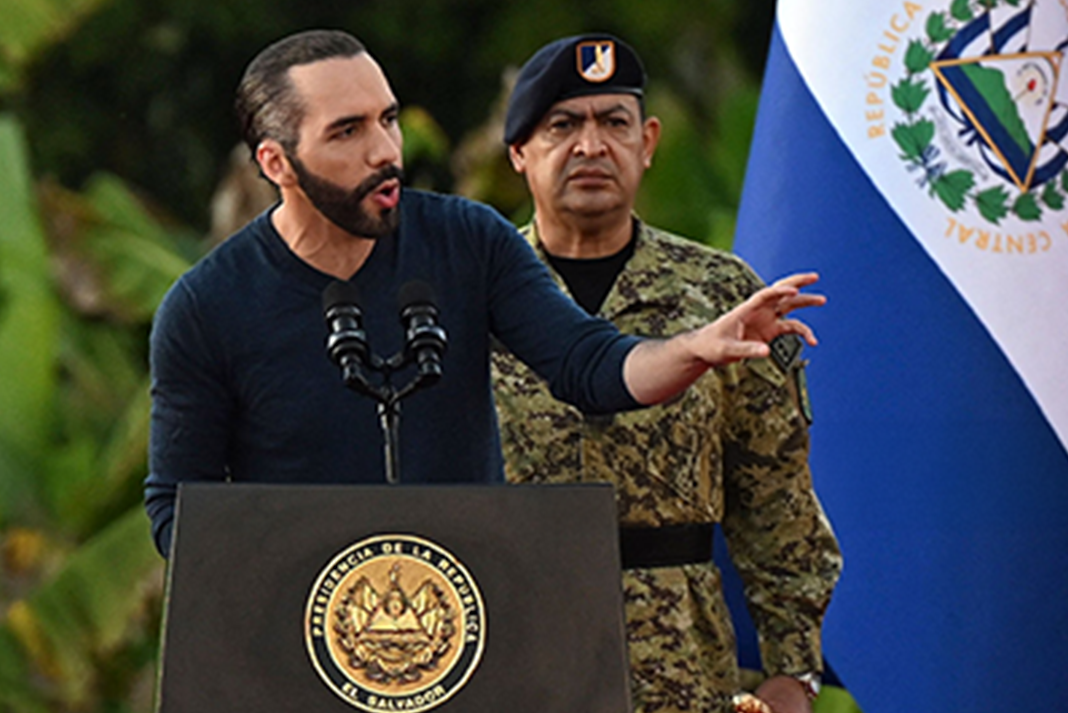En una democracia robusta, la libertad de expresión y el derecho a la manifestación son pilares fundamentales. En la República Dominicana, estos derechos están claramente establecidos en la Constitución y respaldados por tratados internacionales. Sin embargo, persiste cierta confusión en la opinión pública respecto a si se necesita o no un permiso para realizar protestas o reuniones pacíficas. Este artículo busca aclarar esta cuestión, subrayando la importancia de ejercer este derecho con responsabilidad y dentro del marco legal.
El Artículo 48 de la Constitución dominicana establece de manera contundente que toda persona tiene derecho a reunirse pacíficamente y sin necesidad de permiso previo. Esta disposición garantiza la libertad de los ciudadanos para manifestarse con fines lícitos, siempre que se respete el orden y la legalidad.
Se debe informar a las autoridades, no para pedir permiso, sino para garantizar la seguridad.
No se requiere autorización previa.
Esta distinción es clave: el Estado no puede exigir una autorización para que los ciudadanos ejerzan un derecho constitucional, pero sí tiene el deber de tomar las medidas necesarias para proteger a los manifestantes y al resto de la población.
La Convención Americana sobre Derechos Humanos refuerza este principio en su Artículo 32, estableciendo un equilibrio entre los derechos individuales y el interés colectivo. Esta convención, adoptada por la Organización de Estados Americanos en 1969, obliga a los Estados a garantizar la libertad de reunión, pero también a mantener el orden público.El derecho de reunión no es absoluto.
Debe ejercerse con responsabilidad y respeto hacia los derechos de los demás.
Este enfoque busca evitar abusos y preservar la armonía social, recordando que los derechos conllevan también deberes.
Aunque la Constitución y los tratados internacionales son claros, la aplicación práctica de estas normas puede generar malentendidos. Algunas instituciones interpretan la obligación de notificar como si se tratara de una solicitud de permiso, lo cual no es correcto desde el punto de vista legal.
La ministra de Interior y Policía, Faride Raful, ha resaltado la importancia de respetar las normativas vigentes para garantizar la seguridad en eventos públicos. Aunque no ha afirmado que se requiera un permiso, su posición subraya el papel preventivo del Ministerio, que debe actuar para evitar incidentes sin vulnerar los derechos fundamentales de los ciudadanos.
Conclusión: Marchar es un Derecho, pero también una Responsabilidad
La posibilidad de reunirse y manifestarse pacíficamente es un derecho irrenunciable de todo dominicano. No se necesita autorización para ejercerlo, pero sí se debe actuar con responsabilidad, notificando a las autoridades competentes y respetando el orden público.
El ejercicio de este derecho fortalece la democracia, permite canalizar el descontento de forma pacífica y promueve la participación ciudadana. Sin embargo, también requiere compromiso, conciencia cívica y respeto mutuo. Marchar, sí. Pero con orden, respeto y dentro del marco legal.
The right to assemble without a permit a constitutional pillar with responsibility

In a strong democracy, freedom of expression and the right to protest are essential foundations. In the Dominican Republic, these rights are clearly enshrined in the Constitution and reinforced by international treaties. However, there remains public confusion about whether a permit is required to hold peaceful protests or gatherings. This article aims to clarify that question, highlighting the importance of exercising this right responsibly and within the bounds of the law.
The Constitutional Right to Assemble Without a Permit
Article 48 of the Dominican Constitution states unequivocally that everyone has the right to assemble peacefully and without prior authorization. This provision ensures that citizens can gather for lawful purposes, as long as public order and legality are respected.
No prior authorization is required.
Authorities must be informed—not to seek permission, but to ensure public safety.
This distinction is crucial: the State cannot demand permission for citizens to exercise a constitutional right, but it is obliged to take the necessary precautions to protect both demonstrators and the general public.
The International Dimension of the Right to Assembly
The American Convention on Human Rights reinforces this principle in Article 32, which establishes a balance between individual rights and the collective interest. Adopted by the Organization of American States in 1969, the Convention obliges member States to uphold the right of peaceful assembly while also maintaining public order.
The right to assembly is not absolute.
It must be exercised responsibly and with respect for the rights of others.
This approach helps prevent abuse and promotes social harmony by reminding us that rights also come with responsibilities.
The Role of the Ministry of Interior and Police
Despite the clarity of the Constitution and international treaties, the practical application of these laws can sometimes lead to confusion. Some institutions mistakenly interpret the obligation to notify as a requirement to obtain formal permission, which is not legally accurate.
The Minister of Interior and Police, Faride Raful, has emphasized the importance of complying with existing regulations to ensure safety during public events. While she has not explicitly stated that a permit is needed, her stance highlights the Ministry’s preventive role in avoiding incidents without infringing on citizens’ fundamental rights.
Conclusion: Marching Is a Right, But Also a Responsibility
The ability to assemble and protest peacefully is a non-negotiable right of every Dominican citizen. No authorization is needed to exercise it, but it must be done responsibly, by notifying the appropriate authorities and respecting public order.
Exercising this right strengthens democracy, allows grievances to be expressed peacefully, and fosters civic engagement. However, it also requires commitment, civic awareness, and mutual respect. March, yes—but with order, respect, and within the framework of the law.




